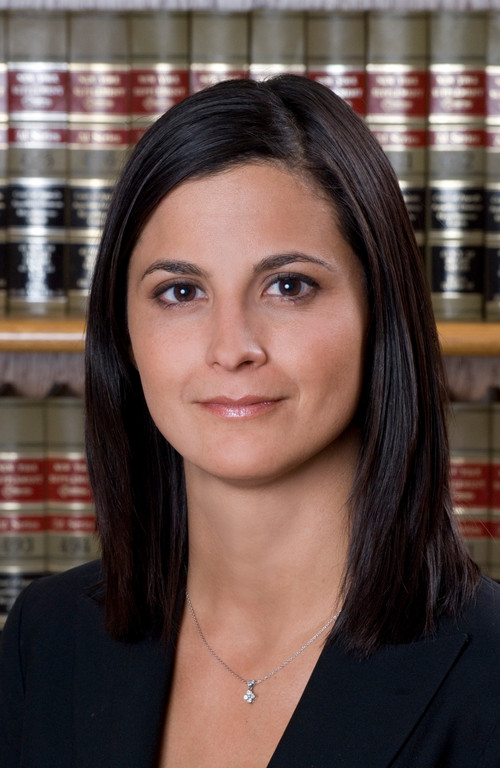Need help with Estate Planning?
Many questions arise when you're thinking about end-of-life decisions. How will your assets be distributed to your loved ones? Will they have to go to court? Will my children be taken care of? What are the tax implications when dealing with gifting? The Trusts and Estates Law Department at Abrams Fensterman have heard them all. Here are some answers from the experts.
1. Why should I execute a Will?
The most important reason for executing a Will is that you get to determine who enjoys your property after your death. If you die without a Will, state law prescribes who will receive your property. By executing a Will, you can also personally select your fiduciaries; that is, the Executor of your estate, the Trustees of any trusts you may have created in your Will, and the Guardian of your minor children. In addition, by executing a Will, you can create trusts for some or all of the persons receiving property under your Will.
2. What kinds of properties are not controlled by my Will?
Non-probate assets such as joint bank accounts, life insurance proceeds, "in trust for" accounts, "pay on death" accounts, "transfer on death" brokerage accounts and any other assets with a designated beneficiary do not pass under your Will. Generally, these assets pass outside your Will to some designated beneficiary or to a survivor. Since these assets do not pass under your Will, they cannot be used to carry out any tax planning you may have incorporated into your Will or any dispositions you make in your Will.
3. What is a Revocable Living Trust?
A Revocable Living Trust is a trust that a person creates during his or her lifetime to which he or she transfers his or her property. It is revocable because the creator of the trust can revoke it at any time during his or her lifetime and take back all of the property he or she transferred to it. At the death of the creator of the trust, the property in the trust will pass in accordance with the terms of the trust. If the creator of the trust transfers all of his or her property to a Revocable Living Trust during his or her lifetime, there should be no need to probate his or her Will on death.

 44.0°,
Mostly Cloudy
44.0°,
Mostly Cloudy 




